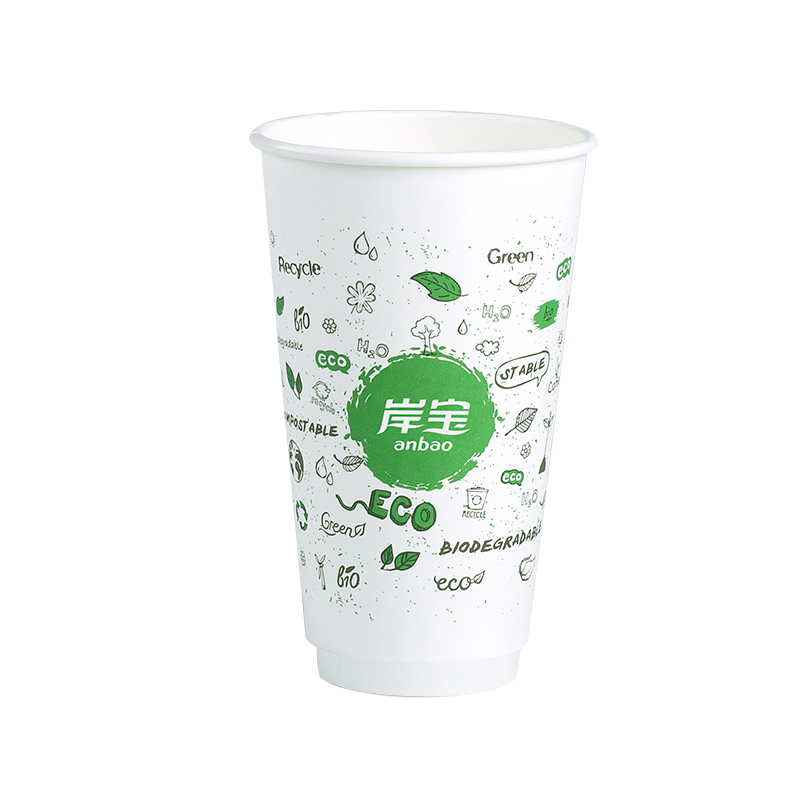
As the demand for coffee continues to rise, the environmental impact of single-use coffee cups cannot be ignored. The convenience of grabbing a coffee on the go has led to a significant increase in the use of disposable coffee cups, resulting in an alarming amount of waste. However, there is a growing interest in finding sustainable alternatives to these cups. In this article, we will explore the options available for sustainable coffee paper cups.
One common material used in the production of disposable coffee cups is polyethylene-coated paperboard. While this material provides insulation and prevents leakage, it is not recyclable due to the coating. Even though some cups are labeled as “paper,” they are not fully biodegradable or compostable. To address this issue, several companies have developed sustainable coffee cups made from alternative materials.
One such material is bamboo. Cups made from bamboo fiber have gained popularity in recent years. Bamboo is a fast-growing and renewable resource, making it an eco-friendly option. Additionally, bamboo cups are biodegradable and compostable. They are also heat-resistant and leak-proof, ensuring a quality coffee drinking experience.
Another alternative material for coffee cups is cornstarch. Cups made from cornstarch are fully biodegradable and compostable. Cornstarch cups have the advantage of being both eco-friendly and heat-resistant. However, it is important to note that the process of producing cornstarch cups requires a significant amount of water and energy, which may affect their overall environmental impact.
Additionally, there are paper cups that are coated with a biopolymer lining, such as polylactic acid (PLA). PLA is derived from renewable resources, such as corn or sugarcane, and is biodegradable and compostable. These cups offer a more sustainable option compared to traditional polyethylene-coated cups. However, it is crucial to ensure that these cups are disposed of properly in composting facilities to maximize their environmental benefits.
Furthermore, some companies are exploring innovative technologies to create more sustainable coffee cups. For instance, a company called Loliware has developed cups made from seaweed. These cups are edible and biodegradable, offering a unique solution to reducing coffee cup waste. While this technology is still in its early stages, it shows promise for a more sustainable future.
When searching for sustainable coffee paper cups, it is important to consider the certifications and labels associated with the product. Look for cups that are certified compostable according to international standards, such as the BPI (Biodegradable Products Institute) certification. Additionally, supporting companies that prioritize sustainable sourcing and production practices can help drive the movement towards more sustainable coffee cups.
There are several options available for sustainable coffee paper cups. Bamboo, cornstarch, and biopolymer-coated cups are among the alternatives to traditional polyethylene-coated cups. Each material has its advantages and considerations in terms of environmental impact, biodegradability, and heat resistance. By choosing certified compostable cups and supporting companies with sustainable practices, we can contribute to reducing the environmental footprint of single-use coffee cups.


